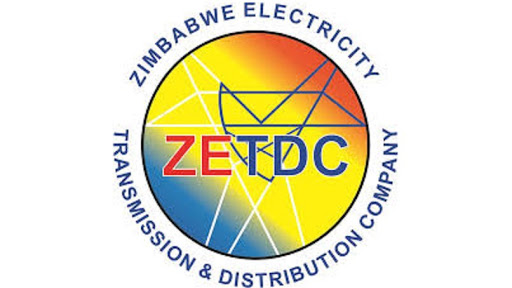Zimbabwe Electricity Transmission and Distribution Company (ZETDC) has just issued a statement about an upwards review of electricity tariffs.
The power distribution company published a circular to the public.
Below are the tariffs which will be applicable effective 1 October 2020.
ZESA TARIFFS on Residential Prepaid Electricity increased with effect from – 1 October 2020 & the CURRENT costs INCLUDING TAX are listed below:
1️⃣ 0 – 50 KW ( $1.19/KW) – $59.50
2️⃣ 51 – 200 KW ($2.58/KW) – $387.00
3️⃣ 201 – 300KW ($7.00/KW) – $700.00
4️⃣ 301+ KW ($11.01/KW)
🛑 Meaning To Say The First 200KW in any calendar month for residential meters will cost $59.50 + 387 = $447 ZWL
🛑 After buying these first 200KW Units – The next 100 KW units will cost $700.00 ZWL
🛑 So effectively the first 300 KW now cost $447 + $700 = $1 147 ZWL
⚠⚠ If you exceed 300 KW units for that particular month for residential meters the cost per KW is now $11.01/KW
The power utility company recently hired its former chairman Sydney Gata in a bid to turn around the entity. His return has not inspired change as the same problems are crippling the parastatal.
The power utility company ZESA Holdings that encompasses Zimbabwe Power Company (ZPC), ZETDC, and Zesa Enterprises (Zent) has been battling to provide adequate power to the country. Load shedding has become the norm. Industries are operating using backup power, a development that has seen the cost of production skyrocketing thereby forcing prices up.
ZESA recently introduced a Stepping System to its billing methods as a way of managing demand and correctly pricing power. The stepping system automatically raises the price per kilowatt-hour (kWh) when consumption increases. The method is meant to charge higher prices to industrial users and charge less for low consuming domestic users.










